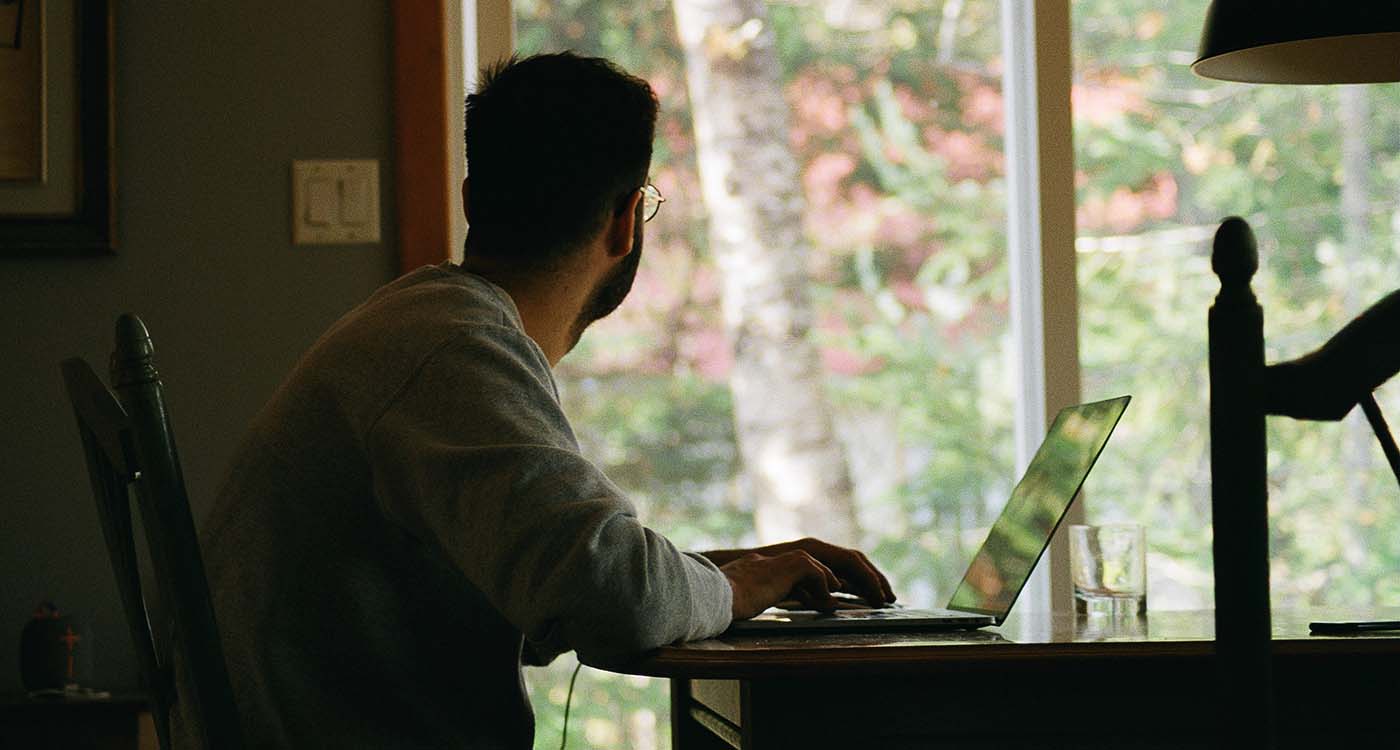Disconnection can feel ubiquitous and indiscernible. Its effect is so gradual that it is hard to pinpoint just when the feelings of disconnection and discontentment started to develop. The flat mood, lack of motivation and detachment from colleagues, projects and employer brand, previously so proudly aligned, don’t seem to fit.
Clients, friends and family have all reflected over the past two years a growing sense of feeling detached from colleagues, or a lack of transparency from management decisions and exclusive conversations.
With so many factors out of our control, those feelings can lead to distrust and often thoughts of ‘what am I doing here? should I find another job?’.
In 2020, most organisations did a Herculean job of transitioning to remote work and setting up systems to maintain productivity. But connection is not about systems. Not everybody is built for remote working, and not every organisation was equipped to build a remotely connected culture that is sustainable over the long term.
“I define connection as the energy that exists between people when they feel seen, heard, and valued”
– Brene Brown
Connection for everyone is slightly different – some people need more face to face, for others it’s the people or dynamics involved. In an office environment, even if an employee didn’t feel seen, heard and valued, they felt some connection through daily interactions and conversations. But after two years working remotely, without deliberate shifts in individual self awareness and management style, some employees feel disengaged, and are struggling with low motivation and productivity.
The challenge with ignoring this disconnection is employees who felt disconnected from their employer are the first ones to consider the external offer as soon as it comes knocking. If organisations have already born the brunt of the economic rollercoaster, can they afford the cost of high staff turnover in the coming 12 months?
Ways to improve employee connection and sense of belonging
As work-from-home has continued, many organisations have embraced a permanent shift to hybrid and remote working. With this is an opportunity to improve connection and sense of belonging, at no increased financial cost.
Being Seen
Each individual looks for significance – that sense of being needed or important. When that need is not fulfilled, humans try to create it by getting attention. It may show up as dominating meetings, being highly critical without offering solutions, or even self sabotaging behaviour. By understanding what’s needed for ourselves, as well as understanding individual team members needs, small adjustments can be made. Some need more one-to-one time, for others it may be giving responsibility and autonomy for a specific task.
Being Heard
There is a difference between being given a forum to speak and actually being heard. If employees speak up but feel it is perceived negatively or ignored, they will stop speaking up at all. Creating a safe space to share ideas, ask questions, raise concerns or create solutions is vital. Whether it’s through daily communication, 360 feedback, collaboration or meeting dynamics, you need to create a culture of psychological safety built on 1:1 trust where there is transparency, respect and opportunity for growth.
Being Valued
Feeling valued is tied to our sense of purpose. Do we feel we have mastery over our work? Or autonomy and trusted to deliver on outcomes? Or are we growing? While recognition received one-to-one or as a public announcement can feel great, ensuring employees have a sense of mastery, autonomy and development will sustain an employee much longer.
While flexible working has been embraced by the vast majority, not everyone is built for full time remote working. The organisations well positioned to flourish when economic activity returns are those that have adapted and designed work practices that retain and attract great employees, and provide a psychologically safe and connected culture.

